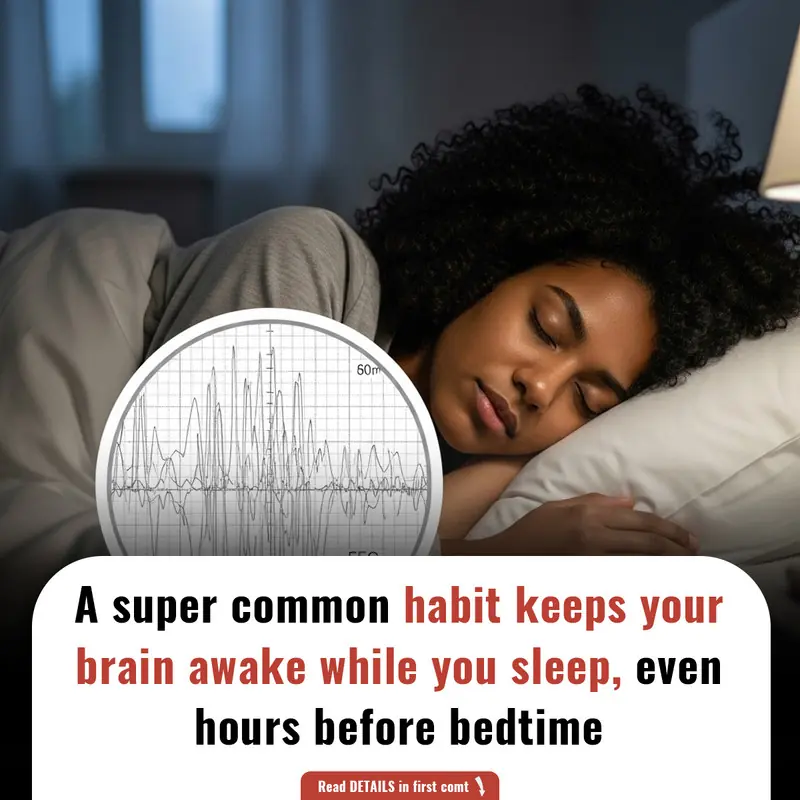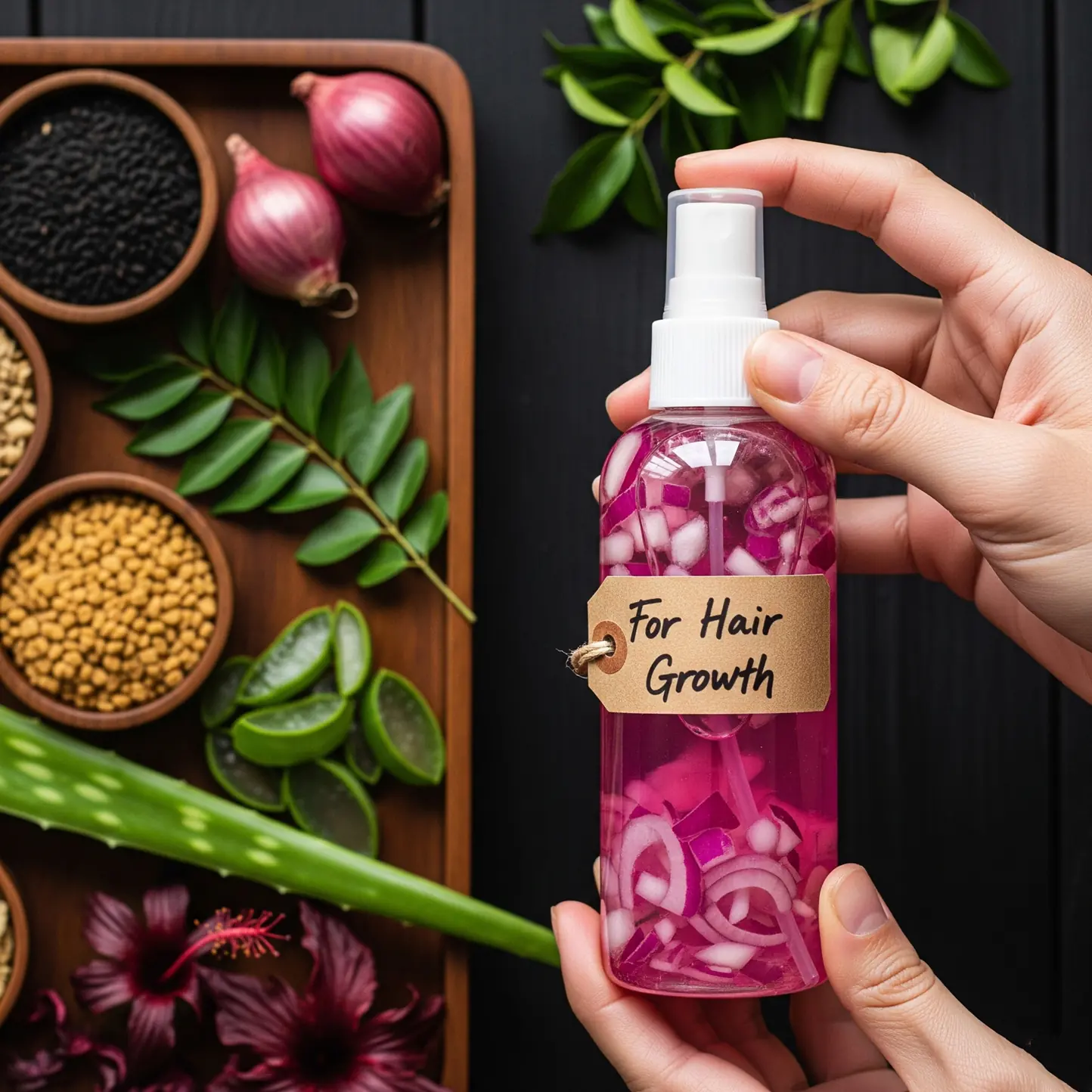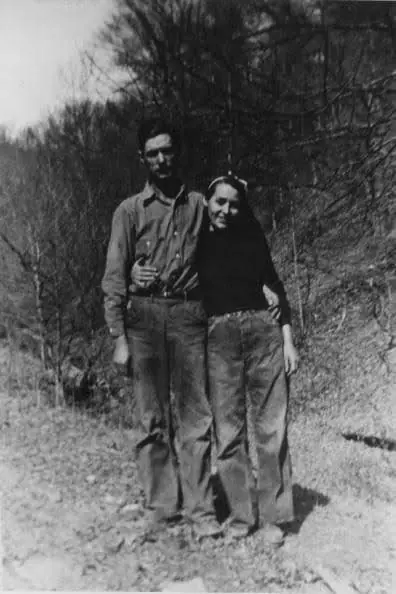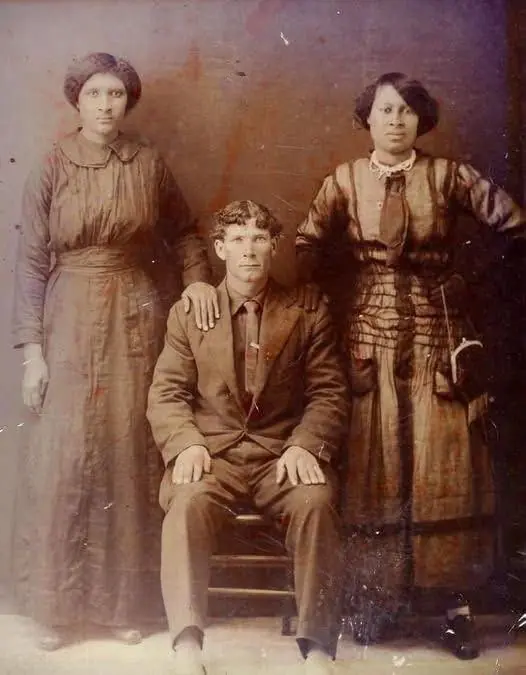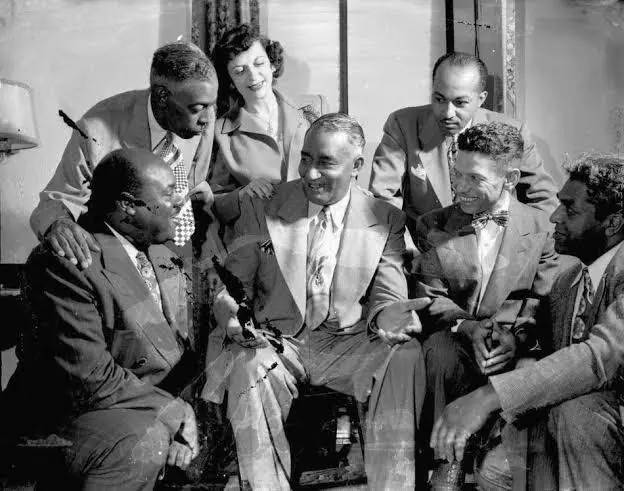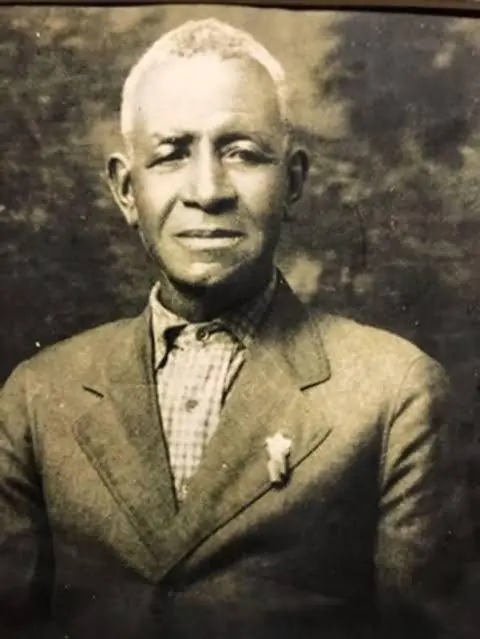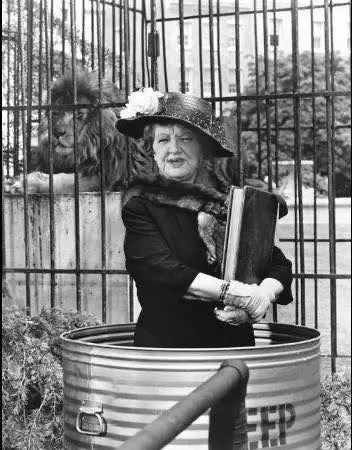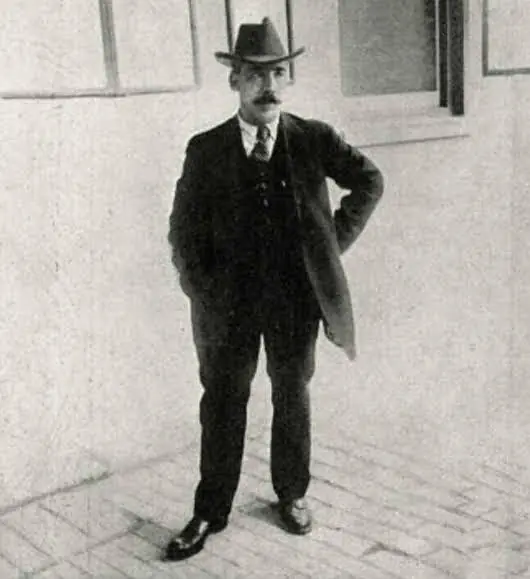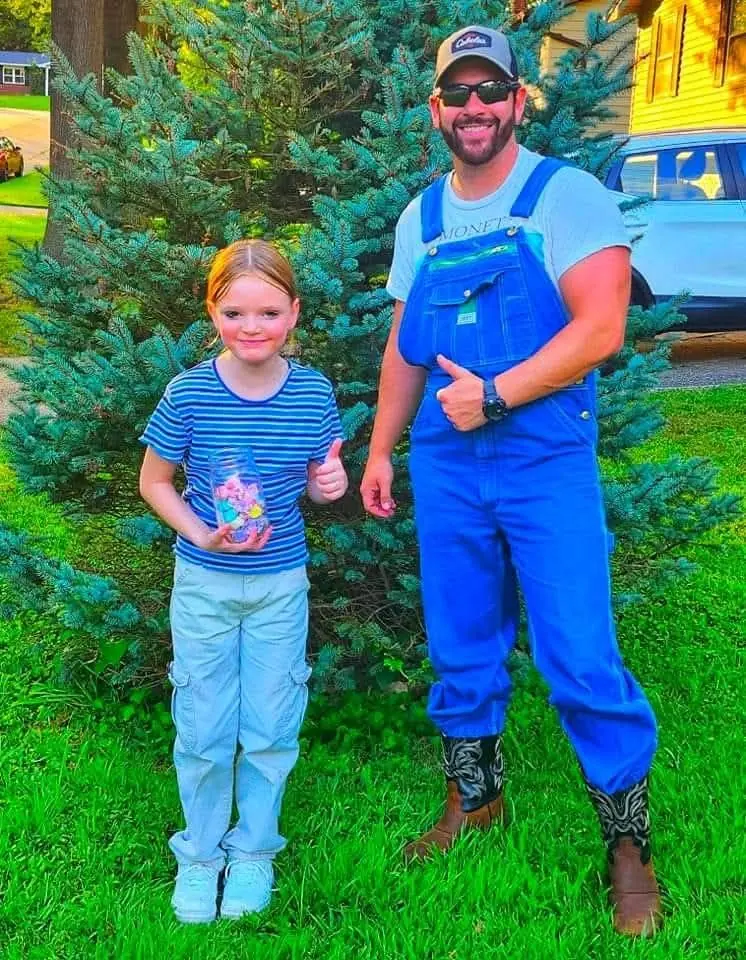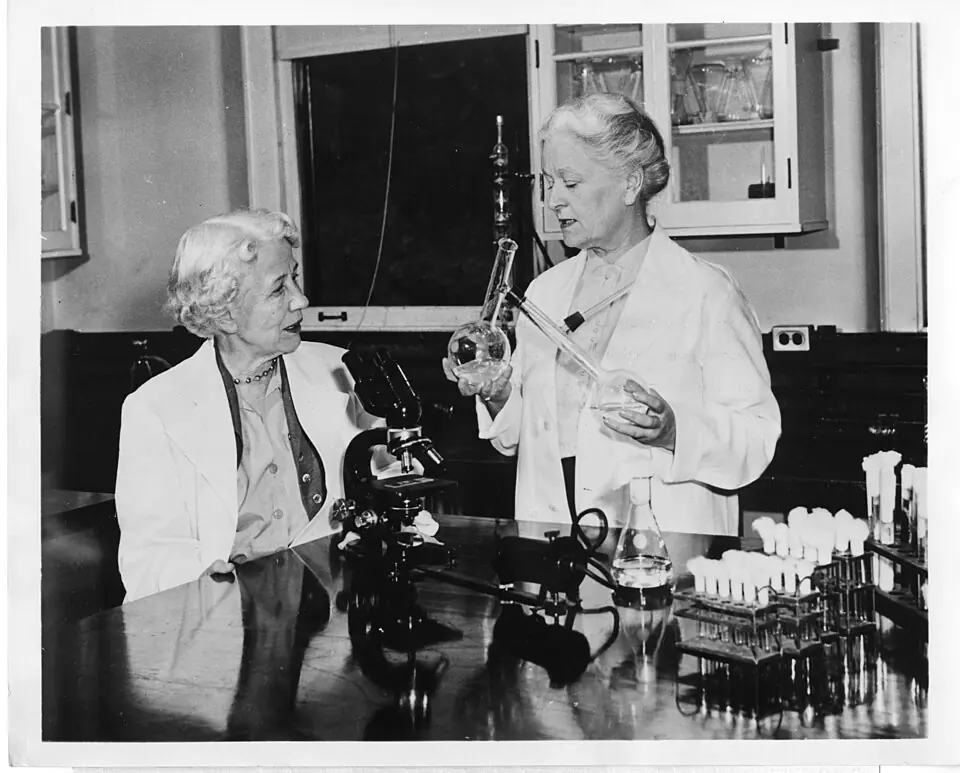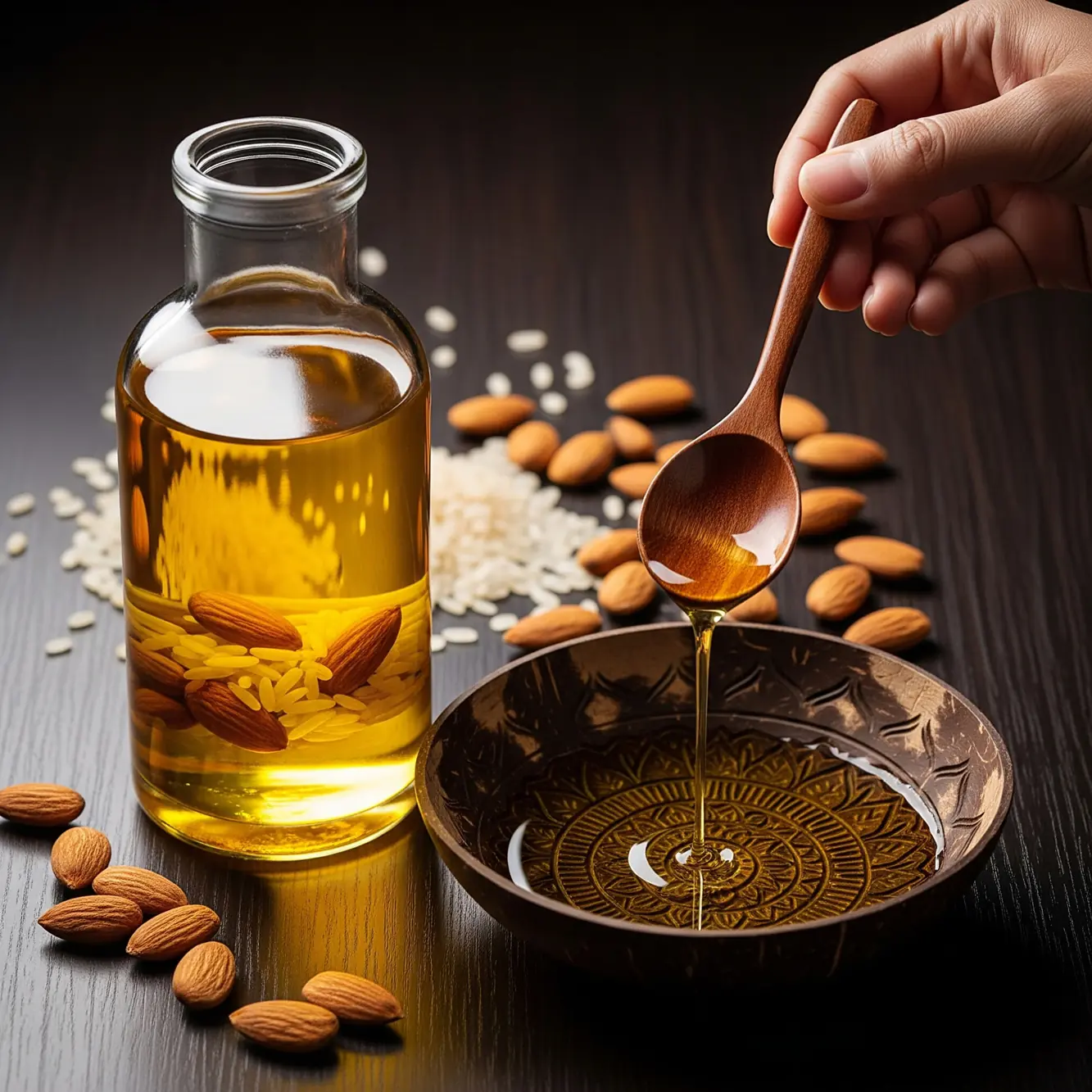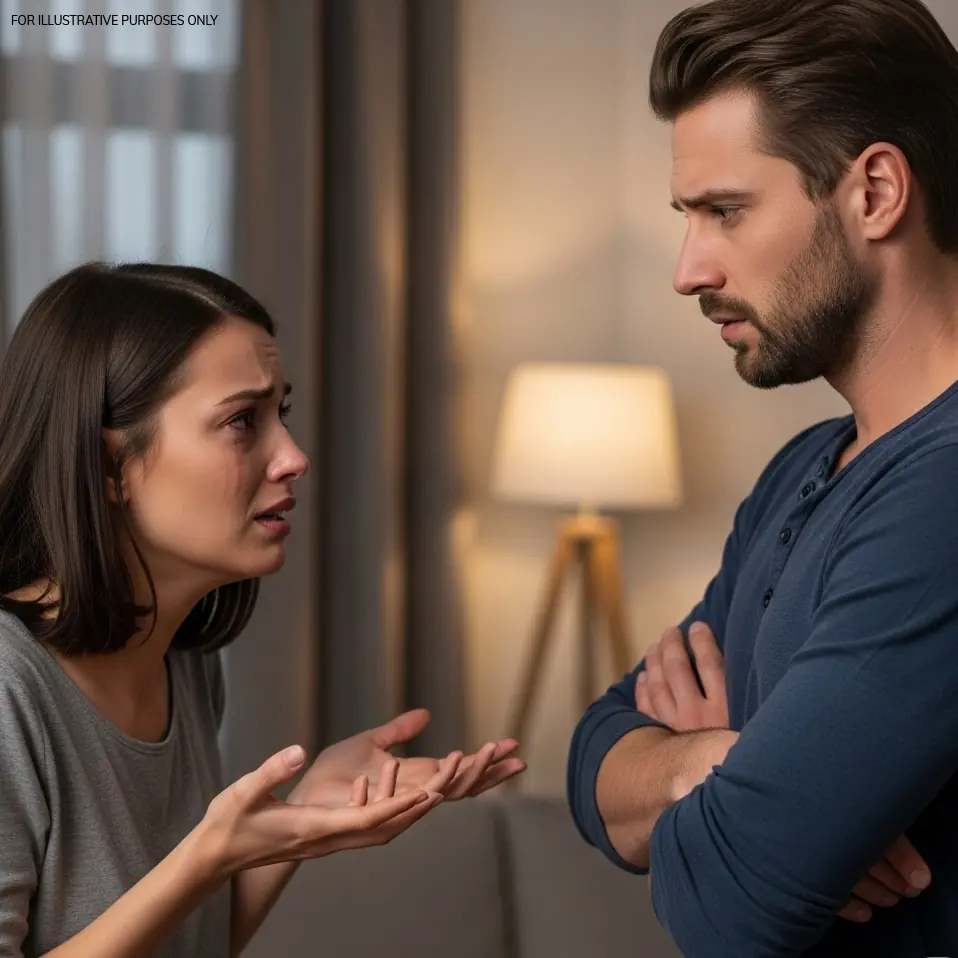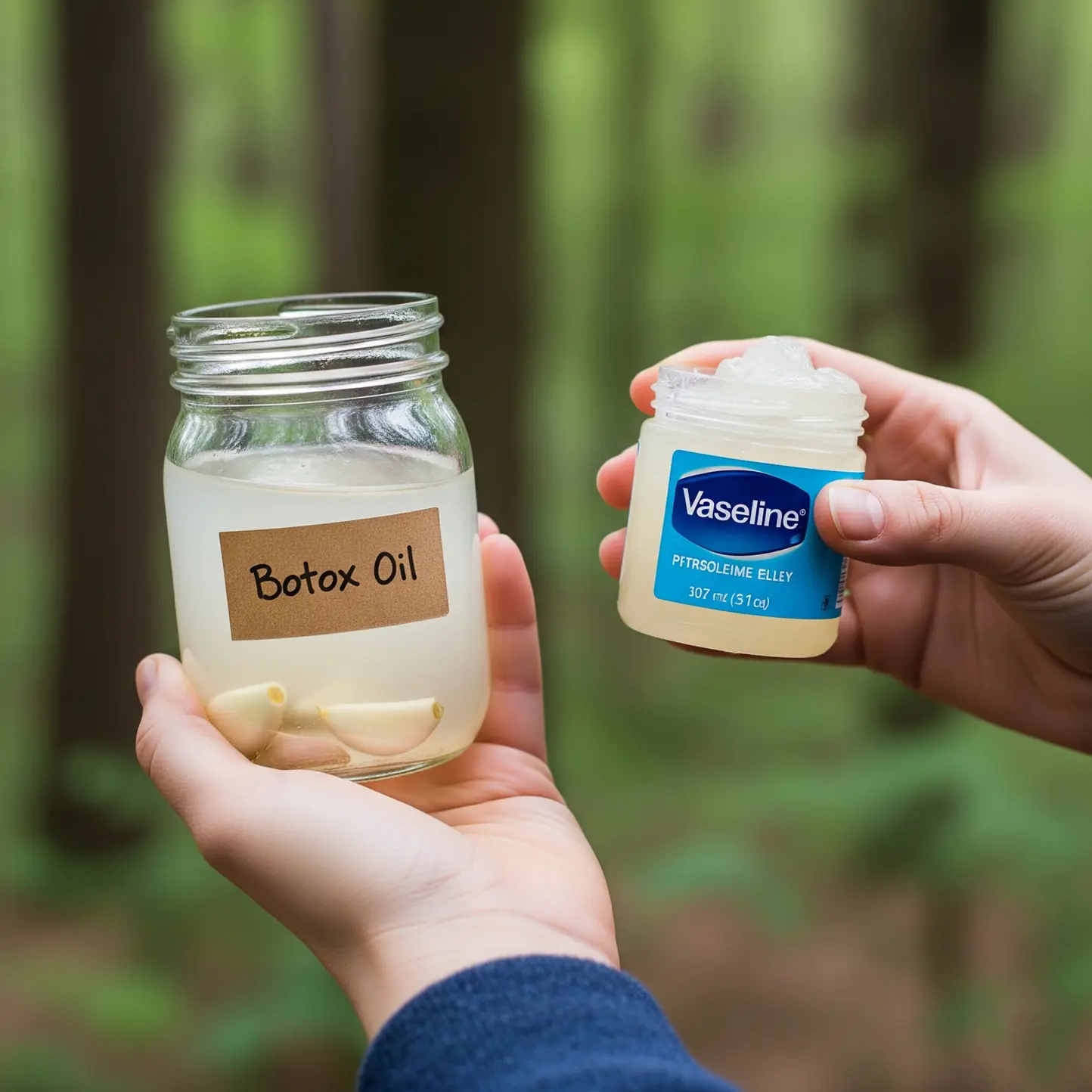Doctor explains why you’re making ‘old people’ noises — even if you’re not elderly
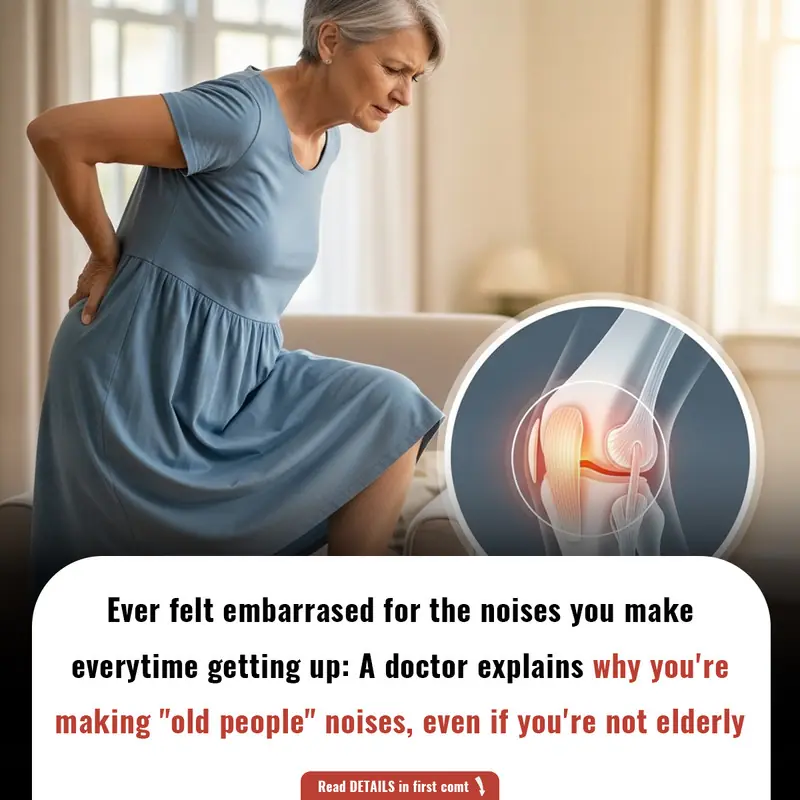
QUESTION:Dear Dr. Zac,
Lately, I’ve been noticing that I make what my partner calls "old people noises." It's happening all the time – when I bend over to put on my shoes, I groan. When I get up from the couch, there's a noise. Same thing when I get out of bed. It’s becoming really annoying, and while I can stop making the noises if I focus hard enough, they always come back, almost uncontrollably. I feel like I’m losing energy as I get closer to my 50s. Is this normal? What can I do to feel more energetic again?
– Justin, 46, Woy Woy, NSW
ANSWER:
Dear Justin,
Ah, the soundtrack of middle age – those creaks, cracks, and groans. It’s like your body has enrolled you in a daily performance of "Man vs. Gravity," and it doesn’t look like there’s an intermission.
But fret not – you’re not falling apart, just adjusting with sound effects! You’re not alone, either. Once we hit our mid-40s, we often discover that a simple task like bending down to tie a shoelace comes with its own soundtrack. It’s almost as if your spine has joined a rock band, and you didn’t get the memo.
So, why does this happen? Let's break it down:
The Vocal Noises: Groans, Grunts, and Sighs
These sounds aren’t a sign of impending doom; they’re your body’s internal sound effects. They happen because of diaphragmatic bracing – a natural way your body stabilizes itself when it anticipates physical effort, such as standing up, sitting down, or even picking up something heavier than your sense of pride.
As we age, essential muscles that support posture, like the diaphragm, pelvic floor, and deep abdominal muscles, lose some of their strength. This means your body needs to put in extra effort to stabilize, and that effort often manifests as noise. Think of it as a rusty hinge – still functional, but a bit louder than it used to be.
On top of that, reduced joint mobility, less efficient breathing, and a decline in motor coordination – which was once Olympic-level – all contribute to the noise. Sometimes, we even start making these noises out of habit. Your brain registers them as a learned behavior, similar to the involuntary grunts you hear from tennis players, but in your case, it’s usually paired with socks and a bit of frustration.
The Mechanical Noises: Clicks, Pops, and Creaks
This is the percussion section of your body’s new sound ensemble. Clicks and pops happen when gas bubbles in your joints collapse – a process called cavitation. While it might sound alarming, it’s generally harmless.
Creaks? That’s crepitus, which occurs when the cartilage in your joints wears down with age. And if you hear snapping or shifting? That’s your tendons and ligaments becoming less flexible, like an old pair of Speedos.
This doesn’t mean your body is falling apart – it’s simply signaling that it’s time for some self-care and maintenance.
What Can You Do to Quiet the Symphony?
You don’t have to accept this new noisy normal. Here are a few steps to help you regain some peace and quiet:
-
Move regularly
Motion is key! Regular, gentle movement helps keep your joints lubricated and your tissues elastic. Incorporate squats, lunges, shoulder rolls, or any other activities that get your body moving again.
-
Breathe properly
Your diaphragm is a powerful muscle that’s great for stabilizing your core. Training it through breathing exercises, swimming, singing, or even planks can help reduce the strain that leads to those sounds.
-
Strengthen and stretch
Adding 15–20 minutes of strength training to your routine a few times a week will help. Resistance bands are a great tool for this, and don’t forget to stretch – flexibility can prevent those annoying creaks and pops.
Final Thoughts: Your Body’s Feedback
The groans, cracks, and clicks you’re hearing are not signs of impending breakdown; rather, they’re feedback from your body telling you it’s time for a bit of maintenance. The idea that we move less as we age is a myth – in fact, we age because we move less. Staying active – or even increasing your physical activity – is one of the most effective ways to boost your energy, protect your joints, and improve your overall well-being.
If you need inspiration, look up Professor Belinda Beck. Her research in Australia shows that heavy resistance training (yes, even lifting weights) is not only safe for people in their 50s and beyond – it’s essential for reversing conditions like osteoporosis and maintaining strength.
So, the next time your partner gives you that look when you grunt while getting up, just tell them:
“That’s elite performance bracing, thank you very much.”
You’ve got this!
– Dr. Zac


















